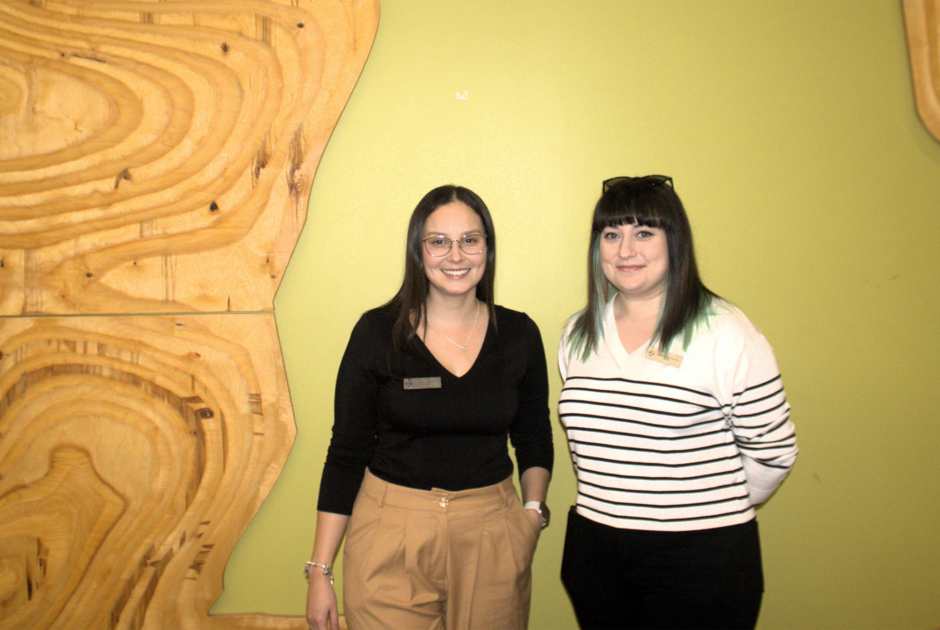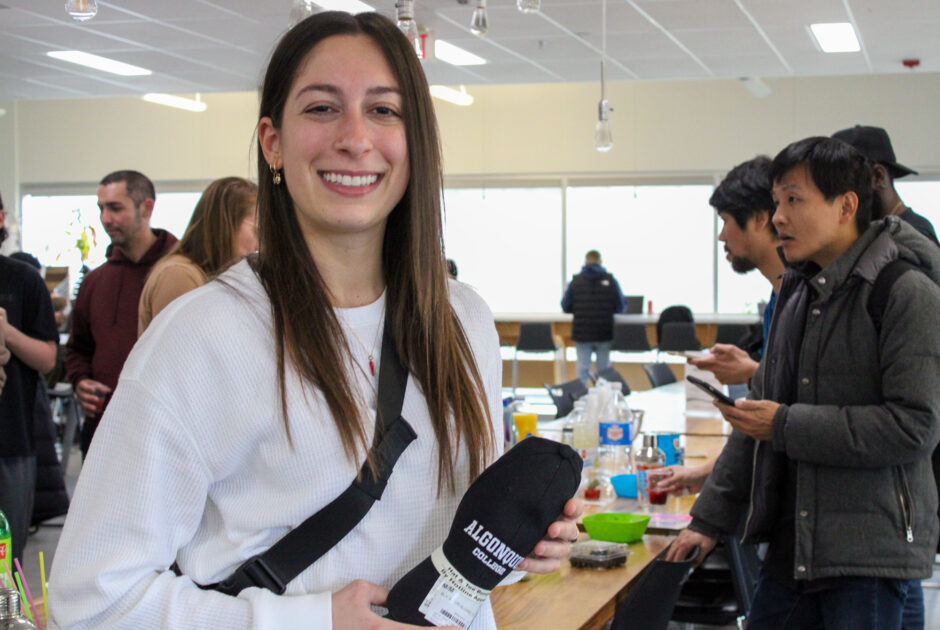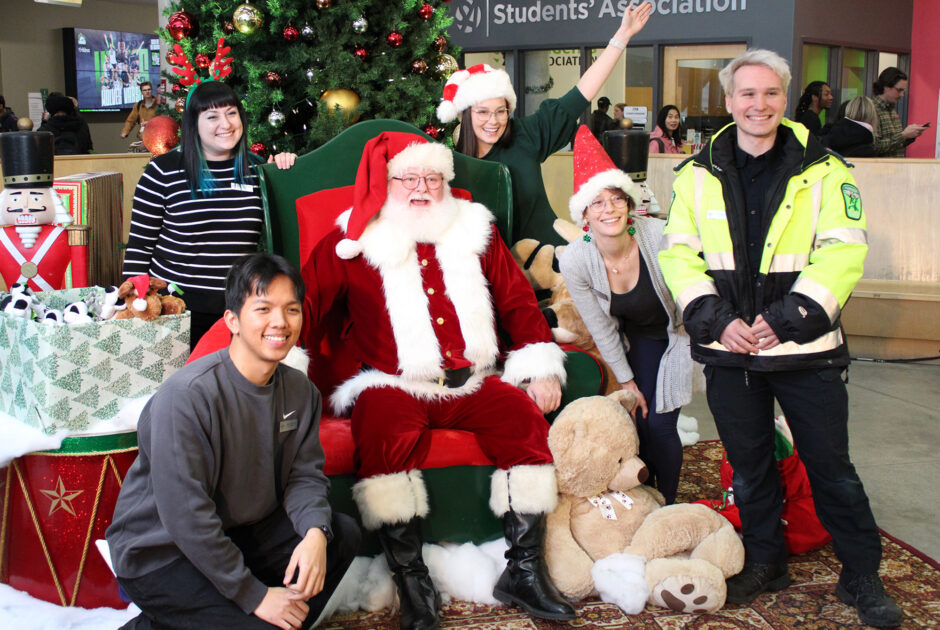Earthquake death toll in Turkiye and Syria nears 40,000

Local
CTV: Despite safety concerns from the Transportation Safety Board, the head of Ottawa’s transit services says the city’s LRT system is safe.
“The O-Train is safe. If for any reason we believed that the train wasn’t safe, we would not operate it,” said Renee Amilcar at the first meeting of Ottawa’s LRT subcommittee on Thursday.
The TSB warns of problems with the axle-bearing assembly on Ottawa’s Confederate Line trains and says the part will pose a risk until they get resolved.
OC Transpo is looking for heat detection units as recommended by the TSB but says the current technology is not equipped for light rails.
The trains are inspected every morning, and there are temporary speed reductions in several places along the tracks to reduce the force on the axles.
But Amilcar admits current measures are not substantial in the long term.
National
Global News: Unusually warm weather has broken records across southern Ontario this winter.
The high was 9.6 C on Feb. 15, beating out the warmest temperature last set of 6.7 C in 1954, according to Environment Canada from Ottawa International Airport.
The warm weather is not predicted to last, with colder winds coming in late February and early March.
This winter has been one of the “least predictable,” according to Anthony Farell, a Global News meteorologist.
International
CTV: Since the 7.8 magnitude earthquake on Feb. 6 in Turkiye and Syria, the death toll has now risen to nearly 40,000 people, with over 108,000 people injured.
The death toll is expected to rise in the upcoming days as more bodies are found.
As time goes on and the chance for survivors to be found, some international rescuers are beginning to pull out.
This has been described as the most natural disaster on NATO territory according to Secretary-General Jens Stoltenberg.








